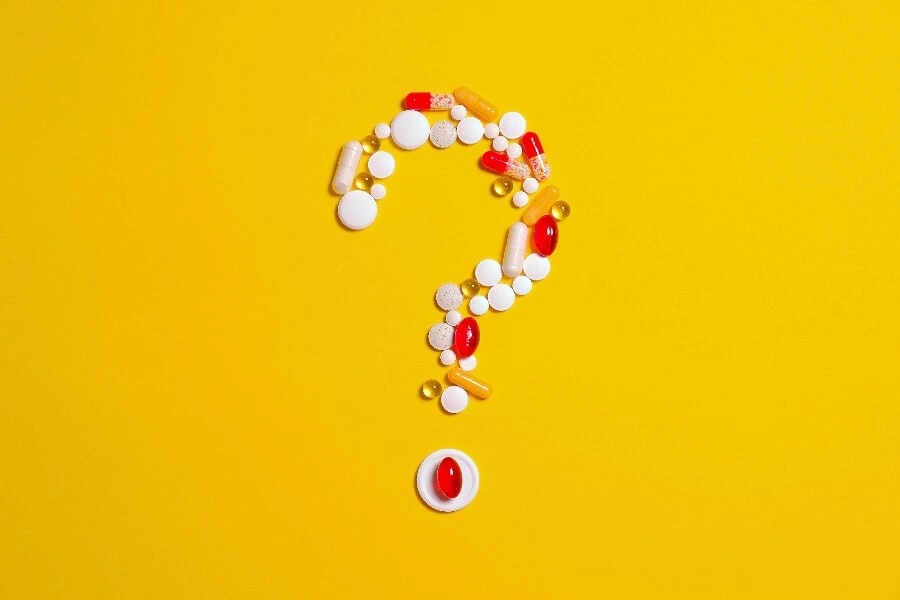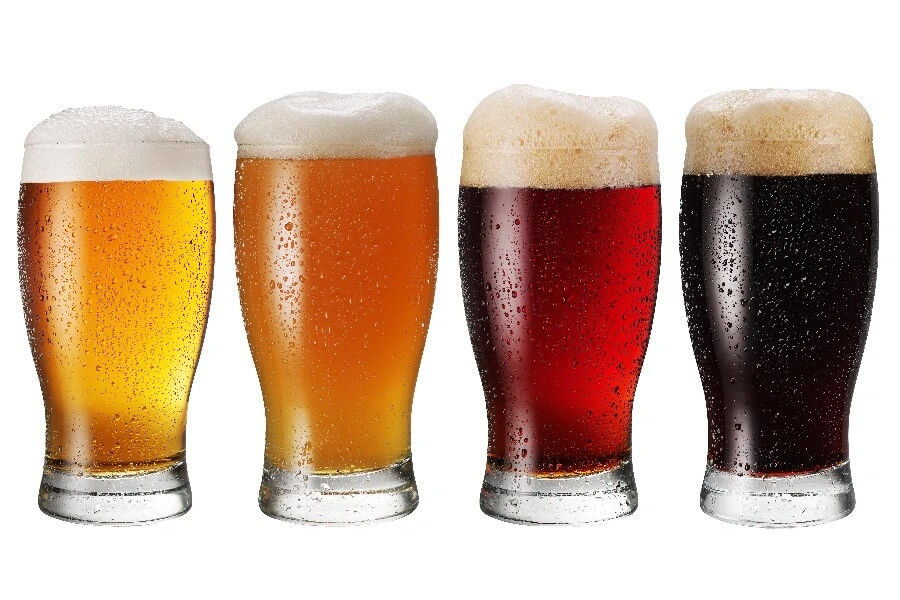How to Prepare for a Night Out Drinking
Updated on Feb 23, 2026

Table of contents
How should you prepare for a night of drinking? If you're asking this question, chances are you've got a big night coming up and want to know everything you can do to try and reduce the intensity of your hangover.
Smart move! Because there are so many things you can do before going out.
With so many alcohol-related myths out there, it's hard to know how best to prepare for a night of drinking.
That's why, in this article, we will look into everything you can do to prepare for a night of drinking. Hopefully, this will prevent or reduce the chances of getting a severe hangover.
How does alcohol affect the body?
Before we get into how you can prepare your body for a night of drinking, it's essential to go over how alcohol affects the body first. That way, you can do everything possible to mitigate its adverse effects.
Alcohol is absorbed into your bloodstream within 90 seconds of consuming an alcoholic drink. The higher the strength of the alcohol, the faster it's absorbed. Drinking on an empty stomach also massively increases how fast alcohol is absorbed into your bloodstream.
Once alcohol is in circulation, your kidneys break it down and remove it from your bloodstream. After all, alcohol is a toxin, so your body tries to break it down and use it as an energy source before clearing it.
Your liver can only do this at a specific rate. This means the enzymes that break down alcohol become used or "saturated" relatively quickly. For most people, the rate of alcohol metabolism is around one drink per hour.
Drinking faster than this rate makes your blood alcohol levels rise higher and higher, which is when you start to feel tipsy or drunk.
Dehydration
You probably already know that drinking too much alcohol causes dehydration. It's because alcohol is a diuretic, meaning it makes you urinate more by blocking vasopressin.
Inflammation
When alcohol is metabolized in your liver, toxic by-products such as acetaldehyde are formed. A buildup of acetaldehyde contributes to inflammation.
Sleep disturbance
Alcohol prevents your brain from reaching REM sleep, which is crucial for waking up fully rested. Late nights also reduce total sleep time.
In summary: There are several mechanisms behind hangovers — dehydration, inflammation, and sleep disruption. Preparation should target all three.
How to prep for a night of drinking
- Set drinking limits and plan your ride home.
- Stay hydrated with water between drinks.
- Eat a balanced meal beforehand.
- Pace yourself.
- Rest well before and after.
- Support your body with nutrients.
- Brush your teeth before bed.
- Stick with trusted friends.
Plan ahead:
Set limits, plan transport, and let someone know your plans.
Invest in rehydration mixes:
Drink water before, during, and after alcohol. Consider an electrolyte mix for more effective hydration.
Eat before going out:
Eating slows alcohol absorption and reduces rapid spikes in blood alcohol concentration.
Pace your drinking:
Spacing drinks allows your body time to metabolize alcohol.
Get rest before and after:
Prioritize sleep both before and after drinking.
Take in vitamins and antioxidants:

Some antioxidants may support the body's natural defenses, though research is ongoing.
Wear an eye mask:
Blocking light helps improve sleep quality the next morning.
Brush your teeth:
Maintain oral hygiene before bed.
Consider anti-inflammatories:
Use caution and follow medical advice when taking medications.
Exercise before going out
Avoid intense exercise immediately before drinking without proper recovery nutrition.
Use the buddy system:
Stay with trusted friends and look out for one another.
Things to avoid
Caffeinated mixers:
Caffeine can worsen dehydration and disrupt sleep.
Shots:
Shots cause rapid spikes in blood alcohol concentration.
Dark-colored drinks

Darker drinks contain congeners, which may worsen hangovers.
Other substances
Avoid mixing alcohol with drugs or medications.
Consider your next day's commitments
If you have important responsibilities the next day, plan your drinking accordingly.
Preparing for a night of drinking – takeaway points
The best preparation is drinking less alcohol. All other strategies are secondary.

About the medical reviewer
Dr Pedram Kordrostami
Table of contents





